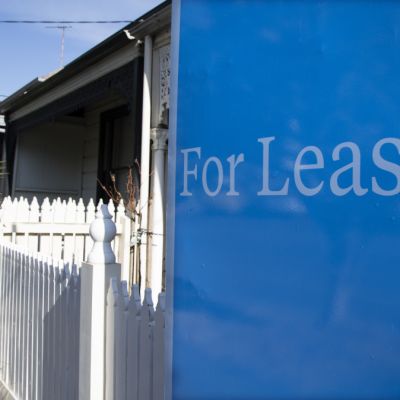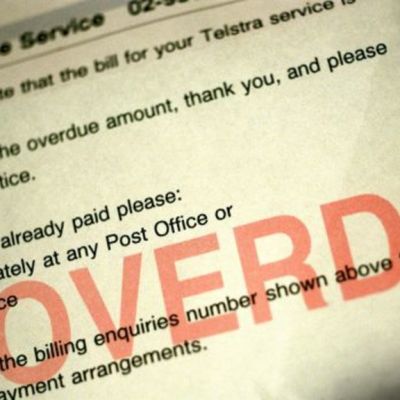Should you move home during COVID-19 to get cheaper rent?

Tenants may be able to slash their rent by up to 30 per cent by moving to a new home as coronavirus restrictions affect the rental market.
But given the uncertain economy, it’s important to consider a range of other factors aside from just the price of rent when deciding whether now is the right time to look for new accommodation.
In fact, if your income has been affected by coronavirus restrictions, trying to negotiate a lower rent may be a good alternative to moving altogether.
But, says Dr Diaswati Mardiasmo, chief economist at PRD Real Estate, the process you go through will depend on where you live as rental law differs from state to state.
“Tenants and landlords need to work together so neither party is disadvantaged,” she advises.
How much could you save?
How much you may be able to save on your rent depends on how your situation has changed as a result of COVID-19.
In general, you will be asked to show your landlord proof your income has dropped as a result of the coronavirus affecting your work to access any rent relief provisions.
In NSW you will need to show your income has dropped by 25 per cent to qualify for the rent relief package. In Queensland you will need to show your income has dropped by 25 per cent, or that more than 30 per cent of your income goes towards rent and you can’t afford necessities.
“How much you can save depends on your situation and the willingness of both landlords and tenants to work together,” says Mardiasmo.
“The tenant will need to disclose their current financial situation and how much their income has fallen. Landlords will have to disclose their costs and financial situation. Then you can work out a reasonable rent reduction, to ensure neither party is disadvantaged,” she adds.
Rental market changes
Amal Khodair-Vemana, managing director of Amkar Real Estate, says market dynamics are another reason why it may be possible to negotiate cheaper rent at the moment.
“There are no international or interstate people coming into the market, which means more properties are available,” she said. “We are already seeing rents on some properties come down by between 20 per cent to 30 per cent.”
Another option might be to negotiate a six-month lease rather than a 12-month lease, with the potential for both the tenant and landlord to re-examine their situation at the end of the term.
Conversely, AJ Chand, founder of rent management technology Instarent, says it’s too soon to get a handle of the rental market and rents could have further to fall.
“We still don’t know how property prices will be impacted as a result of COVID-19,” he said. “If property prices drop, rents tend to follow.
“Apartments are usually the first to show high levels of vacancies. Tenants will be looking for better rents and landlords who are in a position to reduce rents will, as minimum rental yield is better than none.”
Chand predicts rents could come down by 20 per cent. “The longer COVID-19 restrictions are in place, the more rents will come down.”
Should you move?
There are pros and cons when it comes to moving at the moment. On one hand, it might be possible to find cheaper rent in the current climate. On the other hand, there’s a lot of uncertainty so it could make sense to stay put. It’s also important to assess lifestyle factors when making this decision.
“Perhaps you rented the property for particular reasons in the first place, such as being inside a specific school catchment area or being close to work. Or the property’s features might have ticked the right boxes. There are also many uncertainties associated with the pandemic and you might still lose your job. Everyone has to do what’s best for their circumstances,” says Mardiasmo.
Rather than move, it’s often better for landlords and tenants to work together to find a mutually agreeable solution. At the end of the day, moving won’t solve a tenant’s problems and should be seen as a last resort.
We recommend
We thought you might like
States
Capital Cities
Capital Cities - Rentals
Popular Areas
Allhomes
More










